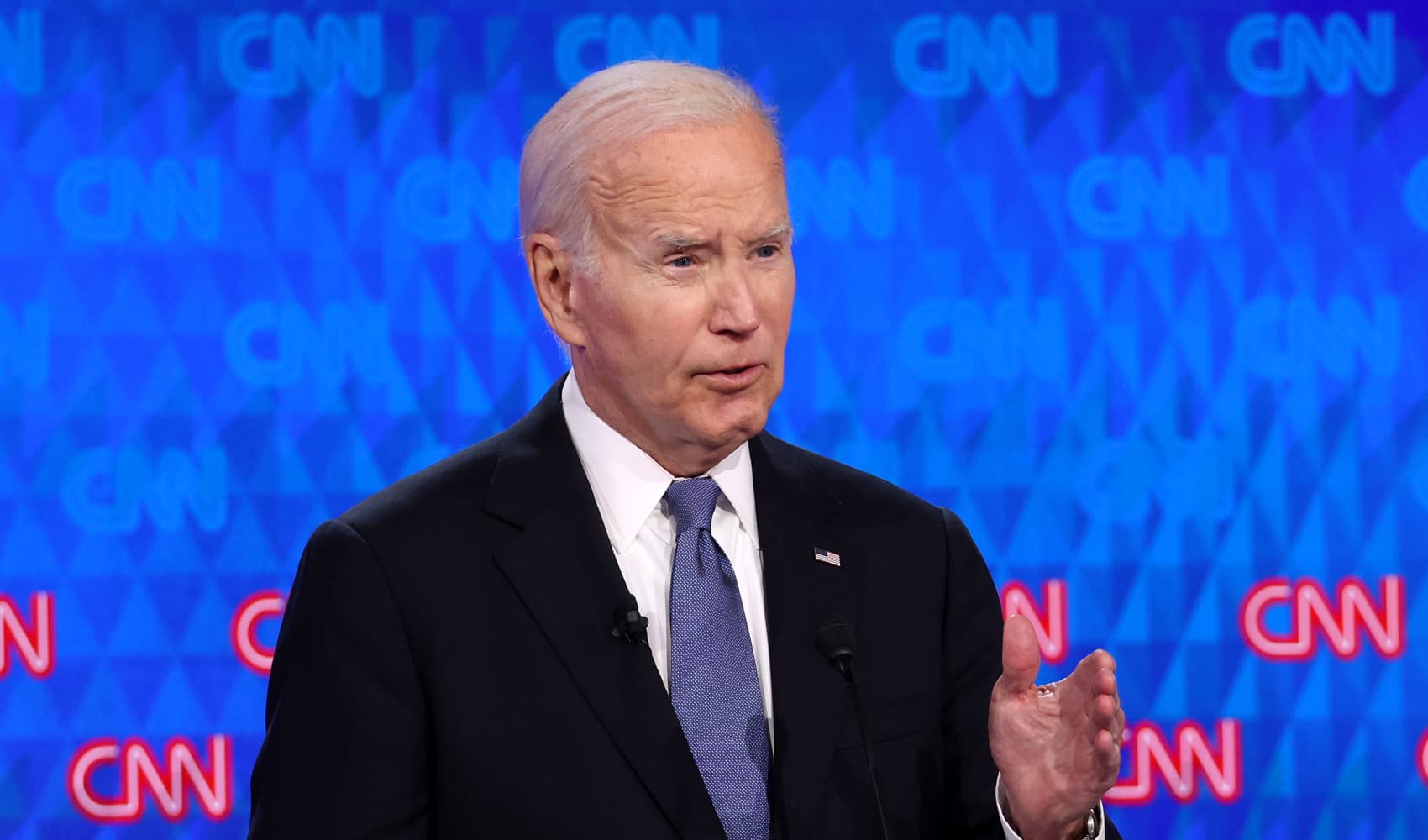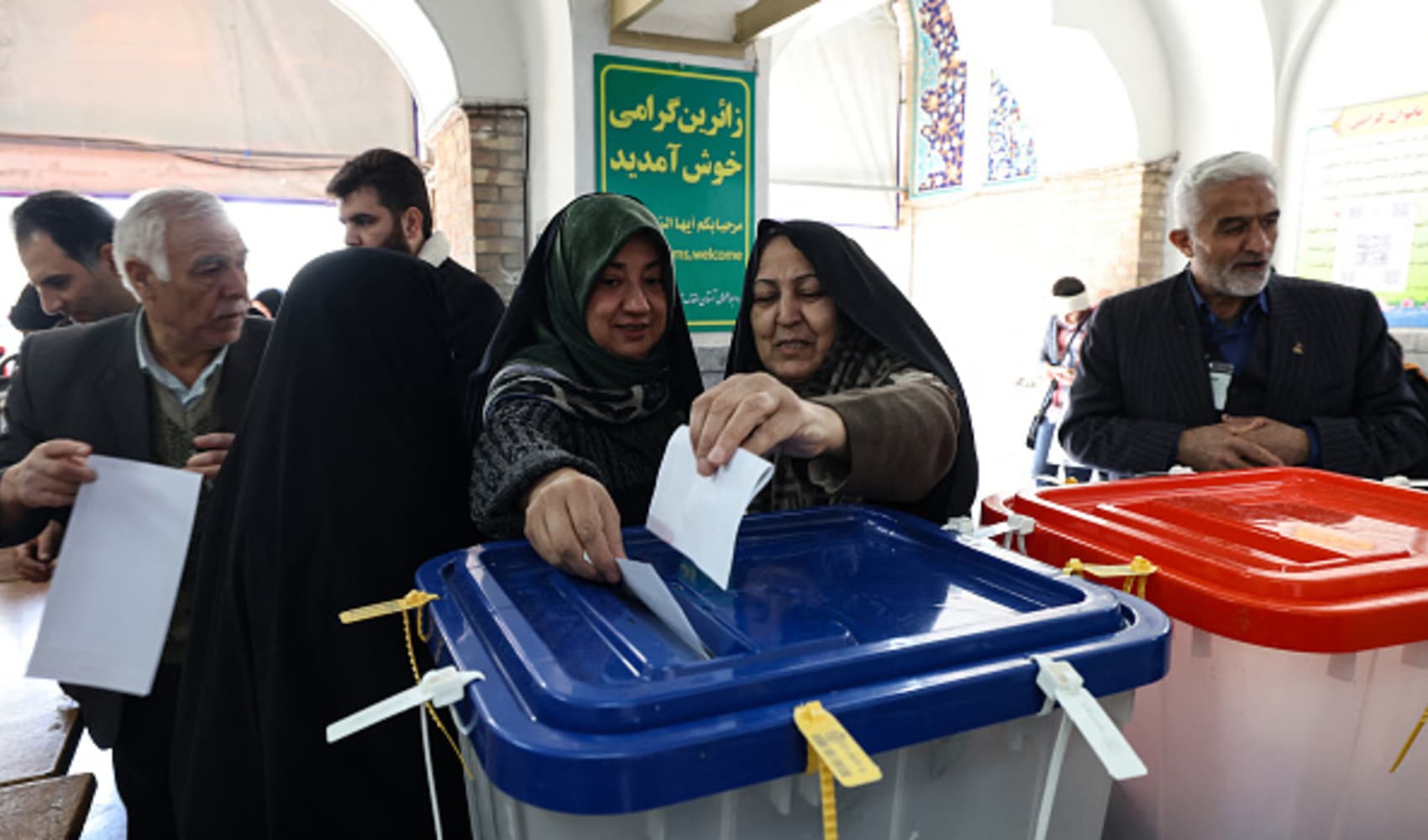
Informational interviews can be a valuable way to grow your career. They're informal chats with people in your company, industry or even outside of your industry that help you learn about their roles. They can give you a sense of where you'd like to go in your own career and perhaps even open up job opportunities down the line.
"You show up, you share your story, you ask questions about their background," says Gorick Ng, Harvard career advisor and creator of the "How To Say It" flashcard series for professional communication.
But how do you get an informational interview? That depends on how well you know the person you'd like to talk with. Here's how Ng recommends asking for one, depending on your degree of familiarity.
You can reach out to people you know directly
Get Southern California news, weather forecasts and entertainment stories to your inbox. Sign up for NBC LA newsletters.
"First degree connections are people that you already know," says Ng. They can be people you met in college or people you met while out with your friends. They're people you've already met and talked to directly.
He recommends using the below blueprint for reaching out:
Hi [contact name]. It's been a minute since [the last time you saw or spoke with each other]. Hope you're doing well. Congratulations on your [recent achievement]. I am currently looking into [making a career transition/advancing in my field/etc.] and I noticed that you work in [my role of interest]. I'd love to follow in your footsteps. I'm inspired by how have you managed to find success in [the field], and would be grateful if you happen to have a few minutes over the coming days to share how you did it. My availability is as follows.
Money Report
The message is about reminding them how they know you (if it's not someone you've recently spoken to), telling them immediately why you're reaching out and making it clear "this is why I'm contacting you and nobody else," says Ng.
You can ask mutual friends for an intro
Second degree connections "are people that you don't know directly but you do know someone" who does, says Ng. "What you need to do then is reach out to your mutual contact." Here's what you'll want to say:
Hi [contact name], we haven't spoken in a while. I noticed that you are connected to [person you'd like to have an informational interview with] and was wondering if you might be close enough to them to make an introduction. I'm looking to [make a career transition/advance in my field/etc.] and would love to learn more about how they got to where they are in [their industry/company]. If you happen to know them and be close enough, I'd be eternally grateful if you could make this intro. No worries if I caught you at a bad time. Let me know either way.
Again, you're jogging people's memory of who you are (if they need it), you're being clear about why you're reaching out and who you'd like to be connected with and you're explaining why you're reaching out to them, specifically. "You're making a super targeted request that you're super serious about because you've done your homework," says Ng. That's how you want it to come off.
You can reach out via LinkedIn
Finally, third degree connections "are people that you don't know directly and you don't have a mutual connection with," says Ng. You'll have to do some research on their background then find either an email address or send them a LinkedIn message.
Here's what Ng suggests saying:
Hi, [contact name]. My name is [your name] and like you I [commonality, e.g. "studied at the same university"/"started my career at same company"]. I'm now looking to transition into [new company/field] after having worked at [old company/field]. I'd love to follow in your footsteps, especially as a fellow [callback to commonality, e.g., "alum"]. Might you have a few minutes to chat? My availability is as follows. Looking forward to hearing from you.
You're introducing yourself concisely. You're sharing exactly what you and the other person have in common. And you're explaining that "I'm contacting you and you only and if you're open to it, hopefully this is a chance for you to pay it forward."
When it comes to cold messaging, a lot of young people especially can feel like they have nothing to offer this person in return. But the reality is "flattery is free," says Ng. "And people appreciate it. So the fact that you're saying 'look, I look up to you. I admire you. I'd like to follow in your footsteps can mean a lot to someone who otherwise may not get this message.'"
Want to land your dream job? Take CNBC's new online course How to Ace Your Job Interview to learn what hiring managers really look for, body language techniques, what to say and not to say, and the best way to talk about pay. Use discount code NEWGRAD to get 50% off from 5/1/24 to 6/30/24.
Plus, sign up for CNBC Make It's newsletter to get tips and tricks for success at work, with money and in life.






